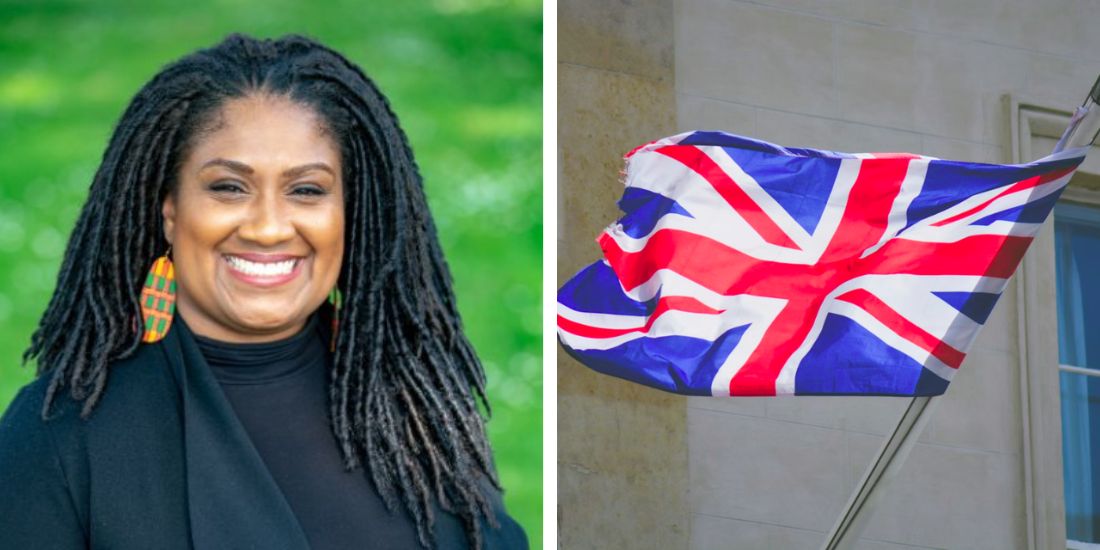During the holiday seasons, you’re going to be tempted by platters of cookies, candies, pies, cakes, and beverages. Delicious, yes! Good for you? No – because all of those foods are loaded with sugar. Although it’s easy to think of sugar as nothing more than a natural ingredient in some of favorite foods, the truth is more complicated.
Yes, sugar does come from nature (sugar cane and sugar beets). But ordinary table sugar, technically known as sucrose, has been refined to the point that it no longer supplies the vitamins and minerals found in raw sugar. And consuming refined sugar produces toxic metabolites, harmful substances produced as the sugar is metabolized in the body.
Until modern times, sugar was a rare treat, something to be savored on special occasions. Now, refined sugar and its evil twin – high fructose corn syrup (HFCS) – are found in everything from soups and salad dressings, to frozen dinners and nearly all prepared, processed foods. And most unfortunately of all, baby foods and infant formulas often contain hidden sugar.
A decade ago, health authorities recommended that intake of these “added sugars” be kept to no more than 12 teaspoons per day. More recently, the American Heart Association has suggested reducing intake even further. They recommend women not exceed six teaspoons daily, while men should stop at nine teaspoons. The average 12-ounce can of soda contains about 40 grams of sugar, which is equivalent to 10 teaspoons! So, if you drink one regular soda a day, you’ve already exceeded the health recommendations.
I understand how difficult it can be to pass up some of the year’s most delectable food, treats like Christmas cookies and other traditional goodies that we’ve come to associate with the holidays. Fortunately, skipping sugar doesn’t have to mean you’ll never have another bite of pumpkin pie or a gingerbread cookie. There are plenty of delicious ways to enjoy sweets without sugar, which we’ll look at in a moment.
Avoid Artificial Sweeteners
But first, let’s get one thing clear: When I say, “Hold the sugar,” I do not mean use artificial sweeteners instead. There are a handful of such products approved for use by the Food & Drug Administration (FDA), including sucralose, saccharin, aspartame, acesulfame potassium, and Neotame, now considered the fastest-growing sweetener in the world and already used in 1,000 products. You may know these products by their trade names – Splenda (sucralose), Sweet ’N Low, Sugar Twin (saccharin), NutraSweet, Equal (aspartame), and Sunett or Sweet One (acesulfame potassium). Neotame, which is relatively new, has no other brand name.
Although the FDA has approved these synthetic sweeteners, there is considerable controversy over whether or not they are safe to consume. Currently, there are more than 3,600 products on grocery store shelves containing these sweeteners. Many of them are sodas and other beverages. Then there are the foods you would not normally expect to be sweetened at all, such as Lean Pockets.
To avoid these products, my general rule is to check the ingredient list of anything labeled “reduced calorie,” “sugar free,” or “low calorie” for names of those five sweeteners. One thing is becoming increasing clear: Synthetic sugar substitutes are as bad for your health as real sugar, if not more so. Here are some facts to keep in mind. Research shows that artificial sweeteners…
- Encourage weight gain instead of loss.
- Confuse the body’s hunger mechanisms, so more food is consumed.
- Tend to stimulate sugar craving and dependence.
- Have been linked to such health problems as cancer, fibromyalgia, diabetes, brain tumors, epilepsy, Parkinson’s disease, and birth defects.
Safe Sweets
Now for the good news! Here are three safe, natural sweeteners that you can enjoy in moderation without worrying about the consequences.
1) Organic maple syrup
52 calories per tablespoon
With fewer calories and more immune-boosting nutrients than honey, maple syrup tops the list. Try it in coffee or tea, cold or hot cereals, on sweet potatoes, and when baking. Simply replace sugar with the same amount of maple syrup, while decreasing liquid in the recipe by about half a cup.
Maple syrup appears to fight breast and colon cancer cells, and preliminary animal research has shown that maple syrup also is less likely to contribute to the development of type 2 diabetes than ordinary sugar.
2) Raw organic honey
64 calories per tablespoon
One of nature’s true gems, raw organic honey provides quick energy and helps sustain performance during workouts. Honey is a rich source of healing substances, including antioxidants, anti-bacterial, and anti-tumor compounds. Research has shown that honey helps support a healthy digestive tract, liver, and pancreas – so even people with diabetes can enjoy small amounts.
Whenever one of my patients is having difficulty getting going in the morning, I recommend mixing a teaspoon of honey with juice from half a lemon in one cup of warm water for an energizing start to the day. Much of the honey on supermarket shelves is actually high fructose corn syrup with some honey mixed in. Because of that, I recommend only using raw, organic honey.
3) Stevia
ZERO calories per tablespoon
Lack of calories makes stevia a popular alternative to synthetic sweeteners. Even major soda companies are developing products using stevia, although make no mistake – that does not mean they are good for you. Sodas still contain artificial coloring and other questionable ingredients that should be avoided, and some of the stevia-sweetened beverages still contain sugar.
Stevia won’t spike insulin levels, but some people aren’t happy with this herbal sweetener’s aftertaste. There are quite a few different versions of stevia in the marketplace these days, so I recommend trying a few to find one that you like.
Stevia can be used the same as sugar, to sweeten coffee, cereal, and other foods. Just keep in mind that it’s 200 to 300 times sweeter than sugar, so you won’t need much. Stevia is also suitable for baking and cooking. You will need to alter the recipe a bit, so I suggest checking for details on how to do that in your favorite search engine.
As holiday seasons approach and you find yourself tempted by savory favorites, I do hope you will remember that sugar is directly linked to cancer, and to not overdo it. Experiment with some of the safe sweeteners. Maple syrup is a delicious way to sweeten your morning oatmeal, for example, and an afternoon cup of tea with honey can give you a healthy end-of-day energy boost without causing blood sugar problems. In the end, I think you’ll find, as did my patient Ralph that reducing your sugar intake is one simple way to make a big difference in your health.





